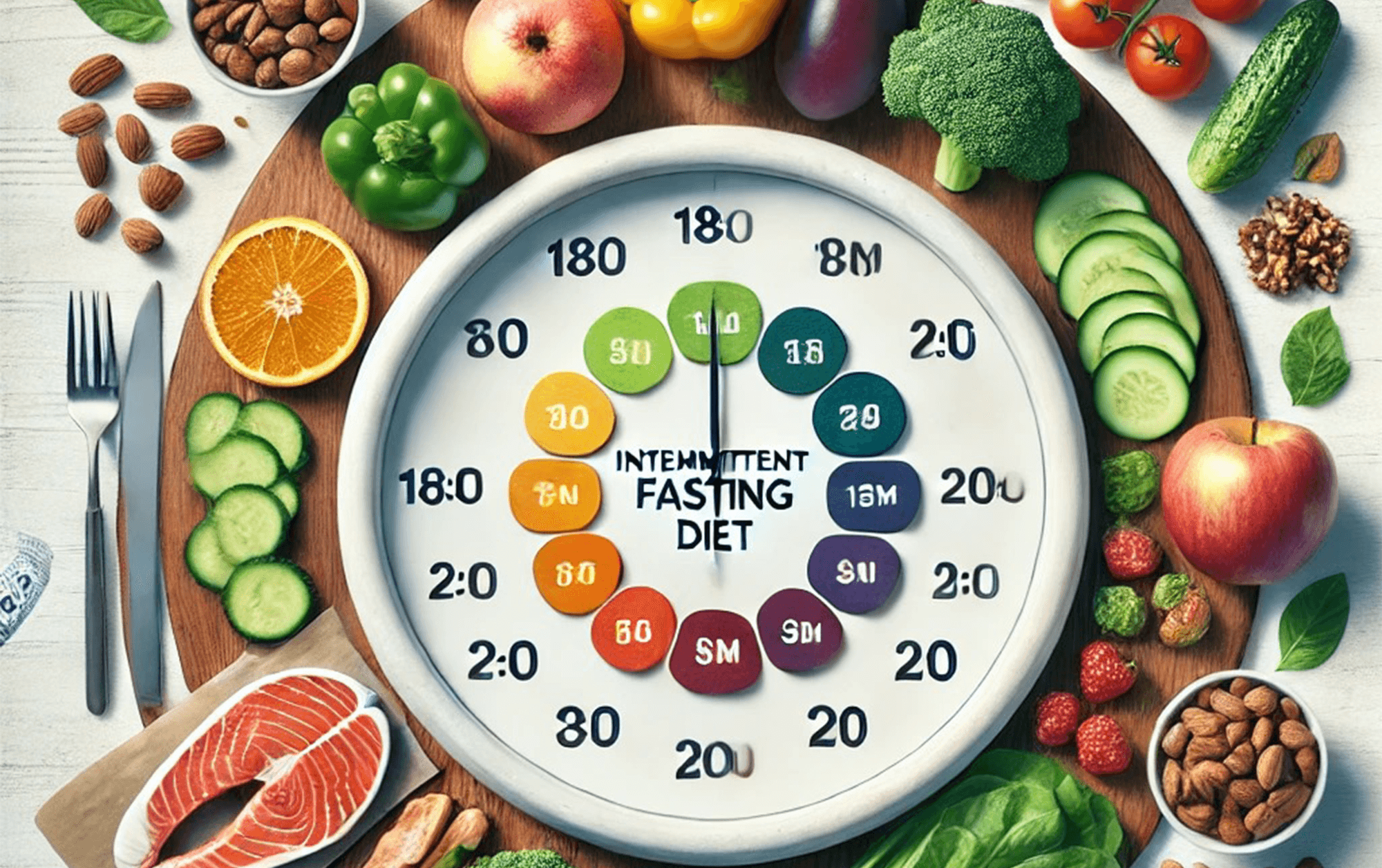



Intermittent fasting (IF) is an eating pattern that alternates between periods of eating and fasting. It doesn’t prescribe what to eat but focuses on when to eat. Some of the most popular methods include:
You can use intermittent fasting for various reasons, like weight loss, improving metabolic health, or simplifying your eating schedule. Have you tried it or are you considering it?
What to eat during intermittent fasting
During the times when you’re not eating, water is permitted. During your eating periods, “eating normally” does not mean going crazy. Research shows that you’re not likely to lose weight or get healthier if you pack your feeding times with high-calorie junk food, super-sized fried items and treats.
Benefits of intermittent fasting
Is intermittent fasting safe ?
Some people try intermitting fasting for weight management, and others use the method to address chronic conditions such as irritable bowel syndrome, high cholesterol or arthritis. But intermittent fasting isn’t for everyone.
Before you try intermittent fasting (or any diet), you should check in with your dietitian first. Some people should steer clear of trying intermittent fasting:
Here from Longefit through intermittent fasting and EMS ,lets fuel your body, shock your muscles, level up your fitness !!
–Dietitian Sulfiya

Redefine what’s possible with Longefit’s strategic 20-minute sessions, which condenses a full week’s training benefits into a single, powerful workout – within your schedule.
G178, Ground Floor, K V Nagar, Panampilly Nagar, Cochin 682036
Phone: +91 8086361520
106-G, 2nd Floor, iQ Square, Golf Link Road Chevarambalam, Chevayoor, Kozhikode, Kerala 673017
Phone: +91 8139093020
No: 98/B, First Floor, KHB Colony, 5th Block, Koramangala, Bengaluru,
Karnataka 560095
Phone: +91 7559011520
COCHIN/CALICUT
Monday – Saturday : 06:00 AM – 10:00 PM Sunday : 06:00 AM – 04:00 PMBANGALORE
Monday – Saturday : 06:00 AM – 11:30 PM
Sunday : 06:00 AM – 04:00 PM

Redefine what’s possible with Longefit’s strategic 20-minute sessions, which condenses a full week’s training benefits into a single, powerful workout – within your schedule.
G178, Ground Floor, K V Nagar, Panampilly Nagar, Cochin 682036
Phone: +91 8086361520
106-G, 2nd Floor, iQ Square, Golf Link Road Chevarambalam, Chevayoor, Kozhikode, Kerala 673017
Phone: +91 8139093020
No: 98/B, First Floor, KHB Colony, 5th Block, Koramangala, Bengaluru,
Karnataka 560095
Phone: +91 7559011520
Monday – Saturday : 06:00 AM – 10:00 PM
Sunday : 06:00 AM – 04:00 PM
Phone : +91 7559011520
Email : info@longefit.in
©2025 Longefit | Crafted by Altd Technologies
